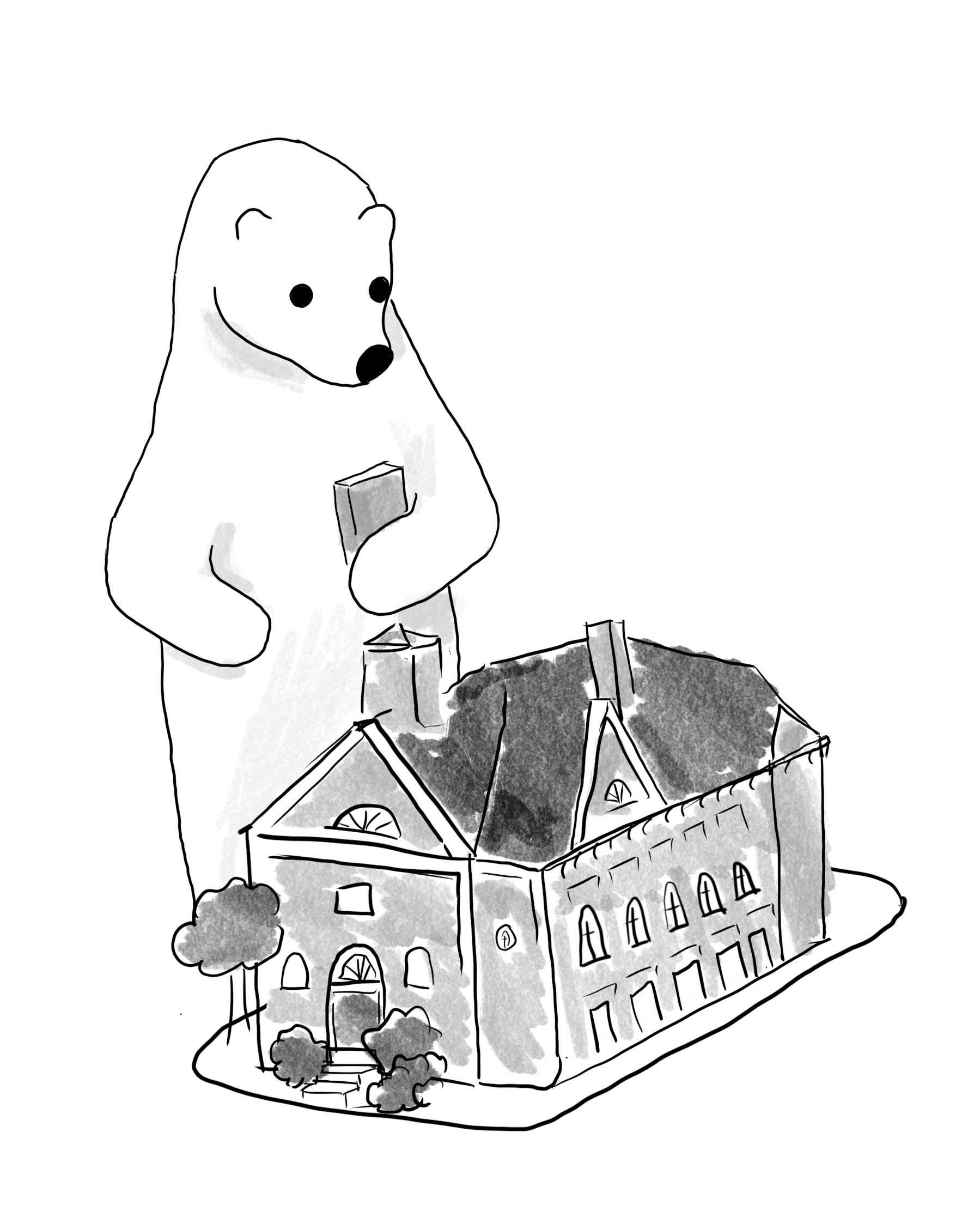Two Oronos, two Maines
May 12, 2022
 This
piece represents the opinion of the author
.
This
piece represents the opinion of the author
.
 Sophie Lipset
Sophie LipsetAlthough I’ve discussed the idea of two Maines being the difference between northern Maine and southern Maine, in my experience there has been an attempt to create two Maines in my own hometown. Where I’m from in central Maine, Orono, is thought to be a fairly bougie part of the region, which may seem like an oxymoron. Orono is home to the state’s flagship university, the University of Maine, and a large part of its population is made up of professors and researchers. This population of academics leads to higher property value and a population of wealthy and well-educated liberals who pride themselves on their intellect and want the same life for their children. As a result, Orono is a town where only the more elite can afford to live, with small schools of relatively high quality. Because of this, most kids who grow up in Orono are socialized and taught to think of themselves as elite and special. The towns closest to Orono are then looked down upon as being of lower class and quality because their residents are neither as wealthy nor as educated. To put it simply, people from around Orono would often say Orono residents think they’re better than everyone else, and Orono residents would likely respond with something like “we think we’re better because we are.” And by their own elitist standards, they are.
Orono students go on to attend Ivy League colleges and the town’s sports teams are often state champions. Test scores are high and enrollment is climbing. But, at the same time, several towns around Orono do not have high schools and the students are given “school choice,” where they can decide between the neighboring town’s high school and Orono High School. The students who choose Orono High School are known as “sending school” kids and stick out from the Orono students who grew up going to the same elementary and middle schools. Although we are separated by only a couple miles, the difference in attitude and treatment towards our classmates is stark. In my experience, there were rarely ever “sending school” students in Advanced Placement (AP) classes, perpetuating the idea that Orono students are smarter and more driven. Orono itself is the sole school in its own school district, having been so difficult and domineering that the only other school in the district left. As a result, Orono students often leave high school thinking they’re among the brightest and the coolest.
However, Orono natives must come to the realization that Orono, Maine is neither the education nor sports capital of the state of Maine, and once they leave their bubble, they are neither in the top percent of test scorers nor income. Orono students also often separate themselves by their politics, but soon come to realize that the politics they consider liberal compared to their neighbors are not as progressive or forward thinking as they had initially thought. A rude awakening hits a lot of us when we suddenly become the students from the less-elite area. Suddenly being put together with students from the towns they used to separate themselves from is disorienting. Orono students go from being big fish in a small pond to being dwarfed by the richer and smarter fish in the larger pond—from being the one looking down to being the one being looked down on. Suddenly the delineation between Maine towns becomes arbitrary and explaining the differences to keep ourselves different from the stereotypes of Maine is useless. By getting a taste of our own medicine, we learn the hard way that the idea of two Maines is reductionist and harmful.

Comments
Before submitting a comment, please review our comment policy. Some key points from the policy: